Android
Android Auto gets a hazard reporting upgrade
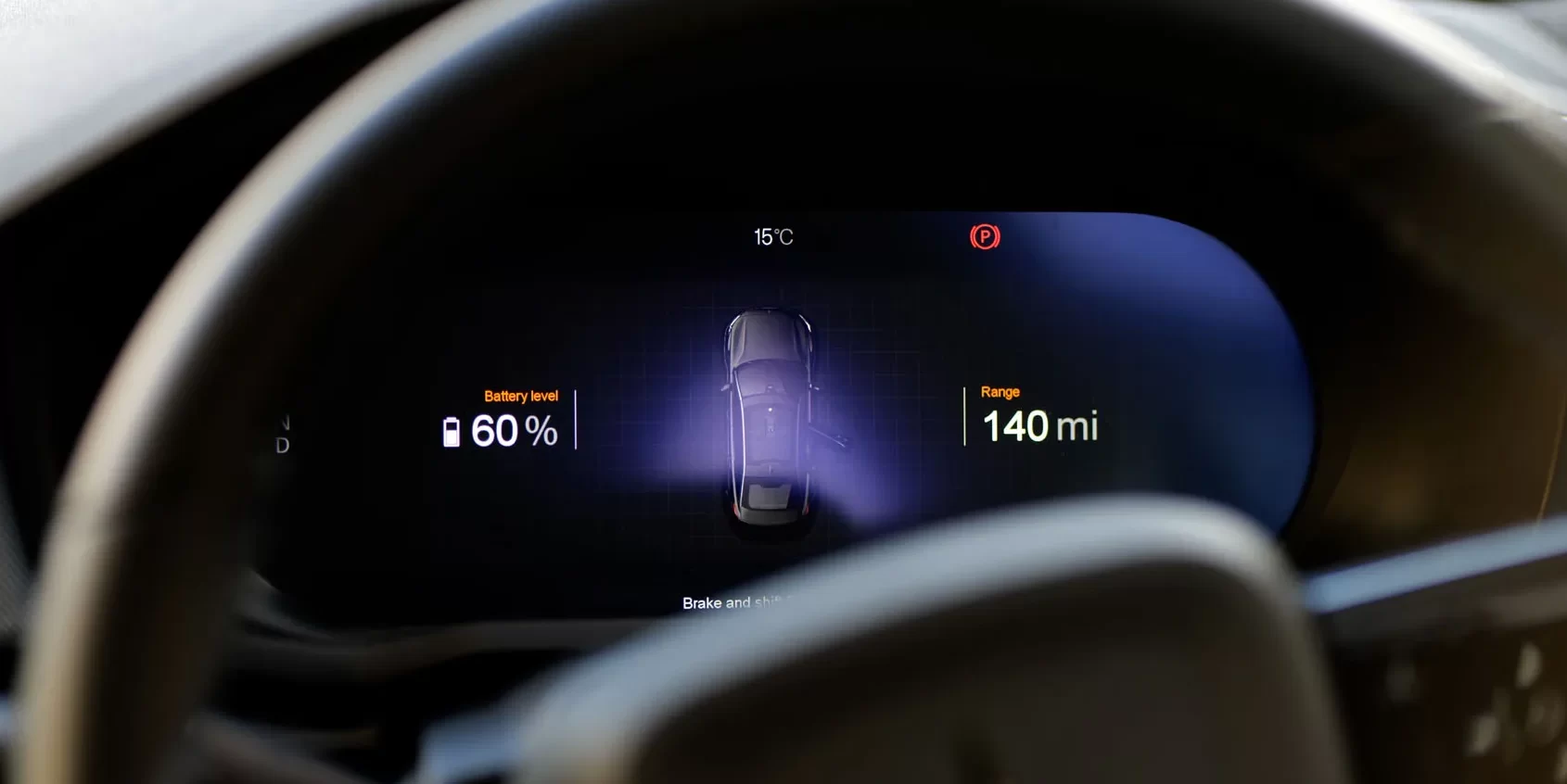
Key Points:
- Android Auto users in the US can now report road hazards directly from their car screens.
- This new feature helps improve road safety by alerting others to potential dangers.
- The feature is available through the Google Maps app on Android Auto.
Android Auto users in the United States can now help make their roads safer with a new feature that allows them to report hazards directly from their car screens. This long-awaited update brings the ability to quickly share important information about road incidents without having to take their hands off the wheel.
Previously, Android Auto users had to rely on their phones to report issues like accidents, traffic jams, or even speed traps. While Waze and Google Maps on Apple CarPlay already had this feature, Android Auto users felt left out. Now, with the new update, drivers can easily report road conditions and help others stay informed.
To use the hazard reporting feature, simply tap the triangle-shaped button below the compass on the Google Maps display in your car. From there, you can report things like traffic jams, lane closures, or crashes. The app will then prompt you to confirm the status of the reported incident.
While the hazard reporting feature is a valuable addition to Android Auto, it’s important to note that it may not be visible on all car screens due to space limitations. Some users have reported that the button might not appear if the Android Auto layout doesn’t have enough room for Google Maps.
Despite this limitation, the hazard reporting feature is a significant step forward in improving road safety. As more Android Auto users get access to this feature, we can expect to see even greater benefits in the future.
Android
Google Updates: Easier police reporting on Android Auto, RCS Ad Spam controls in Messages, and Google Photos’ “Moments” redesign
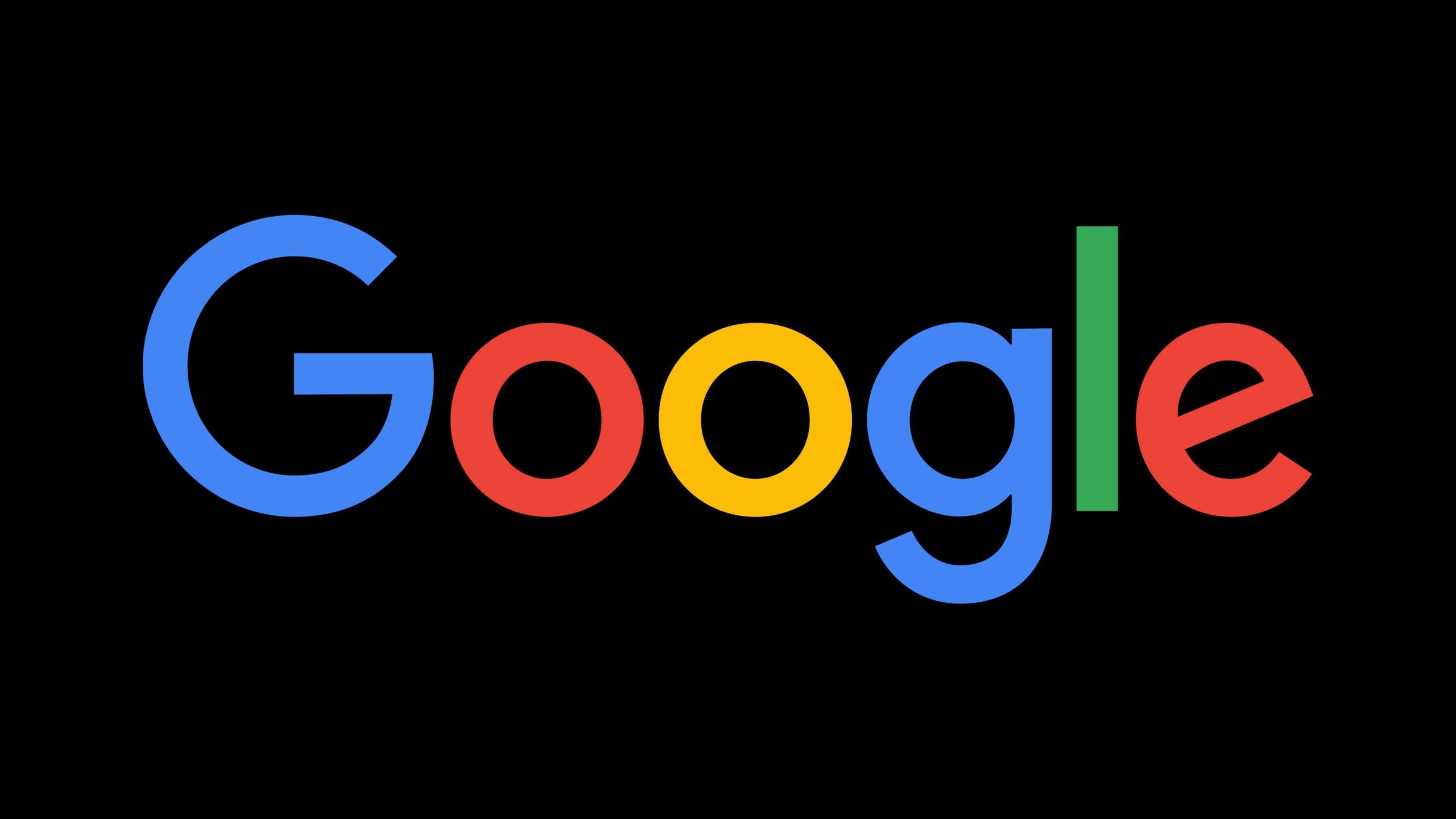
Google is rolling out several updates across its platforms to enhance user experiences. From a significant usability improvement in Android Auto to better spam control in Google Messages and a redesign in Google Photos, these changes aim to simplify and optimize their services. Let’s dive into the details.
Easier Police Reporting on Google Maps for Android Auto and Apple CarPlay
Google Maps has introduced a small yet impactful update to improve incident reporting on Android Auto. Previously, users had to navigate through multiple menus to report police activity, a common use case for many drivers. With the latest update:
- Streamlined Reporting Menu: The option to report police activity is now prominently placed at the top of the menu, just below critical options like crashes and traffic slowdowns.
- Simpler Terminology: The reporting option has been renamed from “Speed Traps” to a more generalized “Police,” making it easier for users to identify.
- Broad Rollout: This update is server-side, meaning there’s no need to update the Android Auto app. It’s also expected to apply to Google Maps on Apple CarPlay.
This change addresses long-standing feedback, making it more convenient for users to report incidents while on the road.
Google Messages Tackles RCS Ad Spam with a New “STOP” Button
RCS (Rich Communication Services) in Google Messages has been a game-changer for Android messaging. However, in some regions, verified businesses misuse RCS to send unsolicited ads, frustrating users. Google is testing a solution to address this:
- STOP Button for Business Messages:
- A new feature in the beta version of Google Messages (v20241125_04) introduces a prominent “STOP” button.
- Clicking this button automatically sends the “STOP” keyword to unsubscribe from unwanted RCS Business Messages (RBM).
- How It Works:
- Once you unsubscribe, businesses should stop sending messages. If you wish to re-subscribe, you can send the keyword “START” at any time.
- This solution ties to your phone number, ensuring spam control even when switching devices or resetting your phone.
- Why It Matters:
- Previously, users had to rely on blocking and reporting spam, which was cumbersome and device-dependent.
- The STOP feature is more reliable and user-friendly.
While this feature is still in beta and may not be available to all users, you can manually type “STOP” in business chats to achieve the same result. For those overwhelmed by spam, disabling RCS altogether remains an option.
Google Photos: From “Memories” to “Moments”
Google Photos is undergoing a redesign that repositions its “Memories” feature while maintaining its functionality:
- Name and Location Update:
- The “Memories” tab at the bottom bar is now called “Moments.”
- It has been moved to the “Collections” tab alongside other categories like Albums, People & Pets, and Places.
- Clean Navigation:
- With this change, the bottom navigation bar now has three tabs: Photos, Collections, and Search (or Gemini-powered “Ask”).
- This mirrors similar navigation simplifications in Google Maps earlier this year.
- Consistency Across Platforms:
- The update has started rolling out to iOS users with Google Photos version 7.9, and Android users can expect it soon.
The Moments view retains its scrapbook-like organization, allowing users to see their best photos, search for specific memories, and share them easily. The carousel at the top of the main photos grid will continue to use the “Memories” branding.
What These Updates Mean for Users
These updates reflect Google’s focus on user feedback and continuous improvement:
- Better Driving Experience: Simplified police reporting in Google Maps improves safety and convenience for drivers.
- Enhanced Messaging Control: The STOP button in Google Messages offers a much-needed solution to RCS ad spam, saving users time and hassle.
- Streamlined Photo Organization: The Moments redesign in Google Photos makes navigation cleaner and integrates memories more seamlessly.
As these features roll out, users can look forward to a smoother, more intuitive experience across Google’s ecosystem. Stay tuned for more updates as they become available!
Android
Google updates Pixel Camera 9.6 and previews Wear OS 5.1 with new features
Google Pixel Camera 9.6: New Features and Wider Availability
Google’s Pixel Camera 9.6 update, first released in mid-October, is now available to more users via the Google Play Store. This update introduces new features for different Pixel devices, enhancing the user experience with innovative tools and improvements.
Initially, some users were stuck on previous versions like 9.4 (for Pixel 6 to Pixel 8a) and 9.5 (for Pixel 9 series). Recently, Google pushed a patch, version 9.6.080.695519101.19, ensuring all users can access the latest features.
Key Updates in Pixel Camera 9.6
- Improved Timer Options:
Pixel 6 to Pixel 8a owners now have a 5-second timer option alongside the existing 3- and 10-second settings, offering more flexibility for capturing moments. - Enhanced Astrophotography Mode:
Accessing Astrophotography mode is easier. From the Night Sight tab, tap the bottom-right corner and slide to “Astro” to capture stunning shots of the night sky. - Underwater Photography for Pixel 9 Series:
Pixel 9 devices now include an “Underwater photography and video” option under Settings > Advanced. This feature, compatible with any waterproof case, adjusts for accurate colors in underwater environments. When enabled, the viewfinder indicates the mode is active. Unfortunately, this feature is not available on the Pixel 9 Pro Fold. - Redesigned Panorama Mode:
Users can now capture panorama shots while holding their devices vertically. Previously, this feature only supported horizontal orientation.
Google Wear OS 5.1: A Glimpse Into the Future
Google has launched a developer preview for Wear OS 5.1, built on Android 15 (API level 35). This update marks a significant leap forward, bringing enhancements to app functionality and new tools for wearable developers.
Evolution of Wear OS:
- Wear OS 3: Based on Android 11
- Wear OS 4: Based on Android 13
- Wear OS 5: Based on Android 14
- Wear OS 5.1: Now based on Android 15
Developers are encouraged to test their apps on API level 35 to ensure compatibility and take advantage of the new capabilities.
Highlighted Features in Wear OS 5.1
- Credential Manager Support:
A unified authentication system simplifies sign-ins using passwords, passkeys, or federated identities (e.g., Sign In with Google). Credentials sync across devices through a credential provider, enhancing security and convenience. - Watch Speaker Playback:
For watches with built-in speakers, users can now select the watch speaker as an output option for media playback. This feature, integrated with the Wear Output Switcher, adds flexibility.
Currently, devices like the Pixel Watch 3 and YouTube Music require Bluetooth headphones for playback, but this update signals a shift. For example, Apple introduced speaker playback on its Apple Watch Series 10, highlighting its practicality for quick audio needs.
Additional Updates and Known Issues
Google also teased support for passkeys in a “Wear OS 5 Quarterly Platform Release” during the 2024 I/O conference.
The Wear OS 5.1 developer preview, released on November 19, includes the following known issues:
- The emulator may fail to let users add accounts during setup after a reset.
- Notifications may not open their corresponding apps immediately until the screen is scrolled.
- Wear Health Services occasionally fail to start exercises.
For testing, developers can access the Wear OS 5.1 emulator via Android Studio.
These updates to the Pixel Camera and Wear OS highlight Google’s focus on enhancing functionality and user experience across devices. Both updates are steps forward in creating a seamless ecosystem of advanced, user-friendly tools.
Android
Android 15 QPR1 Beta 3.1 fixes key bugs for Pixel devices
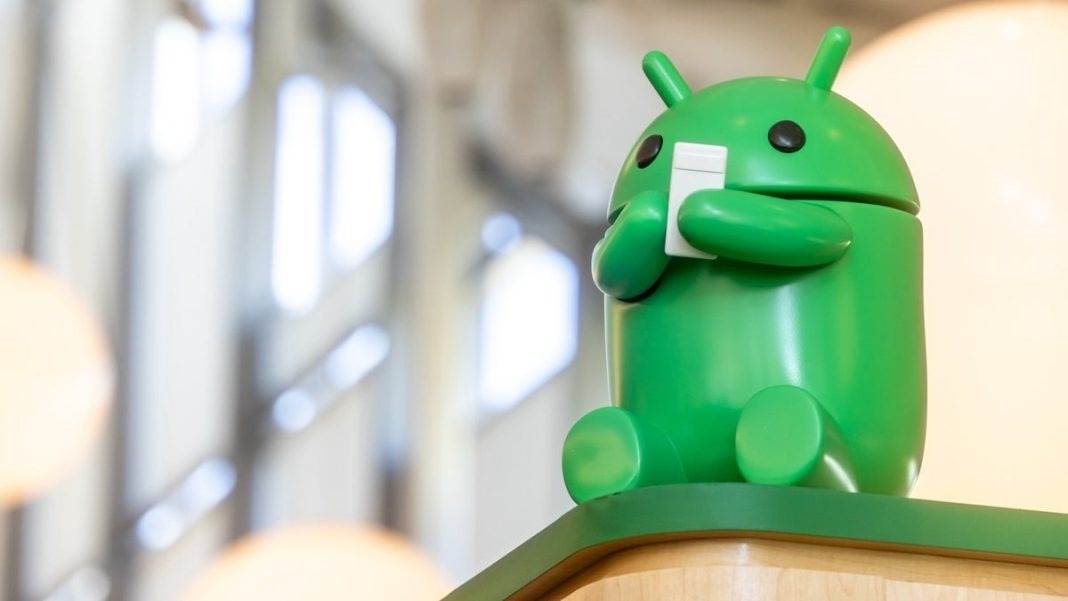
Google has rolled out Android 15 QPR1 Beta 3.1, a final bug-fixing update before the official launch of QPR1 in December 2024. While many users have moved to Android 15 QPR2 Beta 1, this update ensures stability for those still using QPR1.
Key Highlights of QPR1 Beta 3.1
This “minor update” introduces critical fixes to enhance system performance and resolve persistent issues:
- Notification and Media Control Fixes
- A bug that caused the notification shade to close without launching the corresponding app when tapping media controls is resolved.
- The issue where long-pressing the device entry icon failed amidst overlapping notifications has also been fixed.
- Bluetooth and Audio Stability
- Volume control issues with certain Bluetooth devices are now resolved, enhancing audio device compatibility.
- Material You and Visual Improvements
- Wallpaper-based color selections under Material You now show better distinction, avoiding overly similar tones.
- Scrollbar inconsistencies in system settings are corrected for a more polished UI.
- NFC and Localization Enhancements
- NFC payment reliability has been improved.
- Translation issues in Indonesian and Hebrew for apps targeting Android 14 or lower have been fixed.
- General Stability and Accessibility
- Improvements cover system stability, camera functionality, and accessibility features.
Supported Devices and Installation Options
The update is compatible with Pixel devices from the Pixel 6 series to the latest Pixel 9 Pro Fold. It includes the November 2024 security patch. Most users can install the update via the Android Beta Program, with options to flash or sideload factory images for advanced setups.
This update paves the way for Android 15 QPR1’s stable release, ensuring a smoother experience for Pixel users. For those on the Beta Program, the new version will automatically download.
For more detailed installation guides and the full changelog, visit or the official factory image repository.
This update emphasizes Google’s commitment to refining Android 15 and service experience ahead of the December release.
-
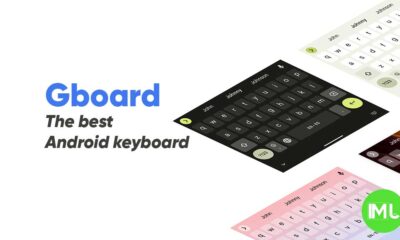
 Apps10 months ago
Apps10 months agoGboard Proofread feature will support selected text
-
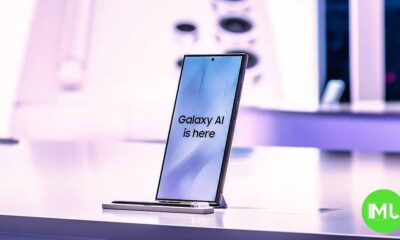
 News10 months ago
News10 months agoSamsung USA crafting One UI 6.1.1
-

 News9 months ago
News9 months agoBreaking: Samsung Galaxy S22 may get Galaxy AI features
-
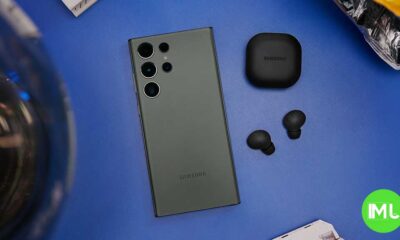
 News9 months ago
News9 months agoSamsung Galaxy S23 Ultra with One UI 6.1 and all S24 AI features revealed
-

 News10 months ago
News10 months agoOne UI 6.1 Auracast (Bluetooth LE Audio) feature coming to many Samsung phones
-

 News9 months ago
News9 months agoSatellite SOS feature coming to Google Pixel phones, evidence leaked
-
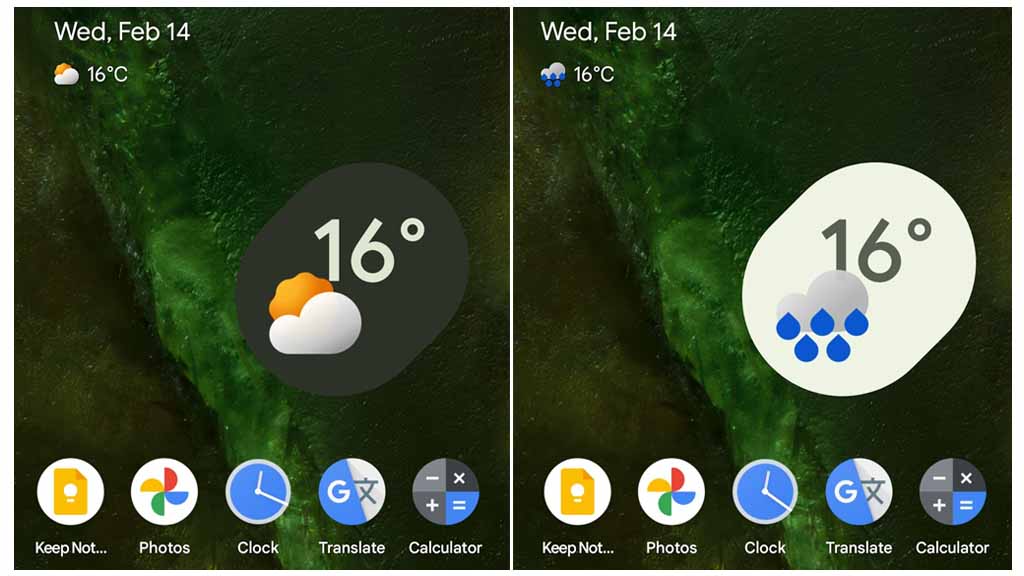
 Apps6 months ago
Apps6 months agoGoogle’s fancy new Weather app is finally available for more Android phones
-
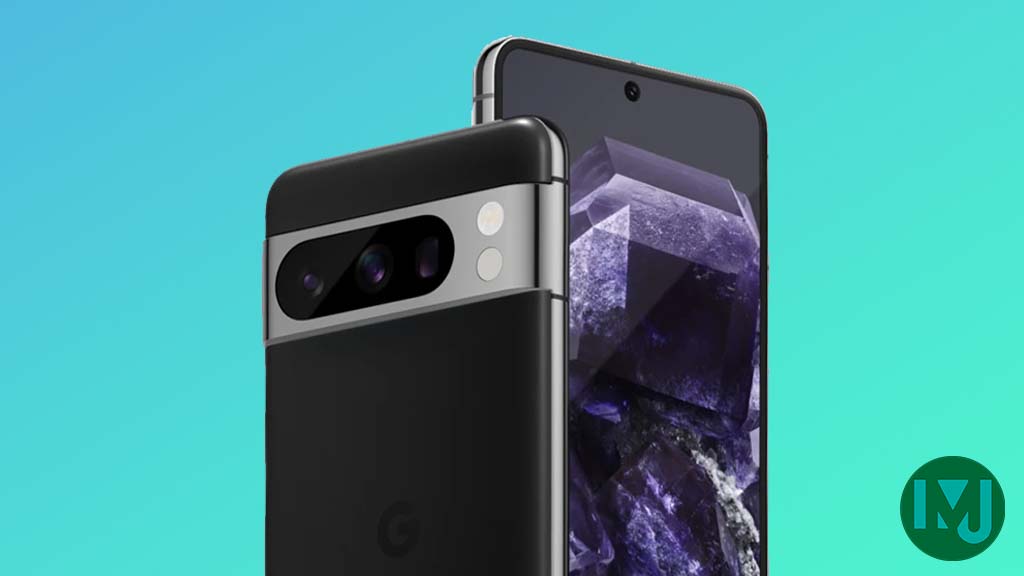
 News10 months ago
News10 months agoGoogle Pixel evolves as Europe’s third best selling flagship


